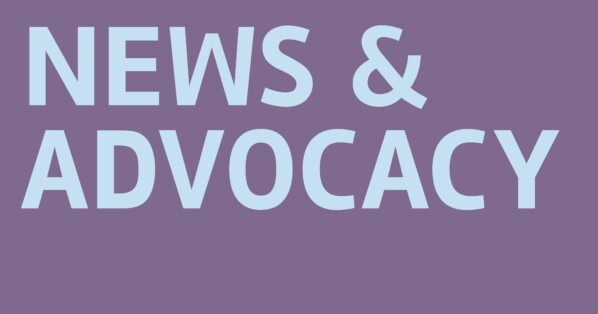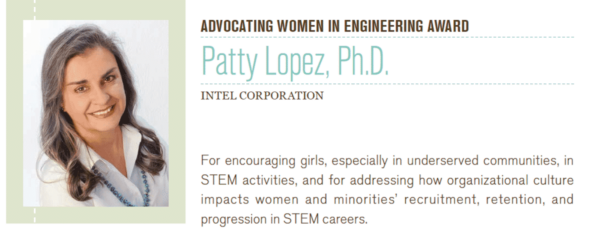The year 2020 has indeed been like no other. Whether learning to work from home, juggling working at home and taking care of your family, spending more time with your immediate family, or even pursuing that hobby you never had time for, we have all had more opportunity to evaluate our lives and our livelihoods to date. This additional chance to reflect may have prompted you to think about a new job or even a new career altogether. Before changing careers, however, there are several things you should consider.
First, determine why you feel the need to change careers. The website www.thebalancecareers.com lists six reasons you may want to consider a new career:
• Your life has changed and the career you considered in university or before you had a family may no longer be practical.
• The job outlook for your current career may have changed over recent months or you have reached a level in which you foresee no further advancement.
• You are experiencing burnout at your current job.
• Your job is too stressful and you are risking your physical or mental health.
• Your work no longer excites you and you are bored.
• The earning potential in your current career is not what you desire.

Regardless of the reasons prompting you to consider changing careers, make sure you are doing so for the right reasons, and take time to evaluate how this will change your life financially, professionally, and personally.
Then, discover what you want to do next. Perhaps you are following your passion and you know exactly what your next career should be. But, more likely, you are not sure what specifically you should do next or even how to decide. Career experts at www.themuse.com report: “Those who follow their passions statistically have a lower probability of finding long-term career fulfillment than those who leverage existing career capital when making a shift.”
Leveraging your current career capital — skills, contacts, and professional brand — may allow you to make a change more easily. If you do choose to make a major shift, self-assessment tests, career tests, and even a career counselor may help you find the best path. A SWOT analysis may also help you evaluate your options (www.lifehack.org). Considering your strengths, weaknesses, opportunities, and threats related to economic factors, the demands for a certain career, location requirements, the value of your past achievements, and the need for additional education may help you narrow down what career would fit best with your wants and needs.
Leveraging your current career capital — skills, contacts, and professional brand — may allow you to make a change more easily.
Finally, ascertain how to get there. Begin with a plan to acquire the skills or certifications required to move into your new career. Explore occupations you are interested in and the educational/experience requirements for them. Review listings posted on the myriad job search websites to determine if you possess similar traits or competencies. Take time to talk to professionals in that field to determine what abilities are essential and how they developed them. This will help you develop a new network. Be clear and explicit when explaining how your transferrable experience is beneficial to the new positions you are applying for. Change your professional brand by updating your resume, your LinkedIn profile, and your cover letters to reflect your new career path and to explain why you are the best candidate for the job.
Changing careers is not easy and will definitely take time. You deserve to be happy and satisfied in your professional life and your personal life. So, if things are not the way you want them to be, the only one who can make the changes is you. Go for it!
Author
-
Mary C. Verstraete, Ph.D., F.SWE, is an associate professor emeritus of biomedical engineering at The University of Akron. She is chair of the SWE editorial board, was named SWE’s Distinguished Engineering Educator in 2007, received the Society’s Outstanding Faculty Advisor Award in 2011, and became a SWE Fellow in 2016.







